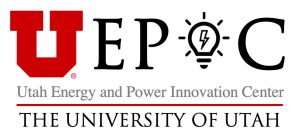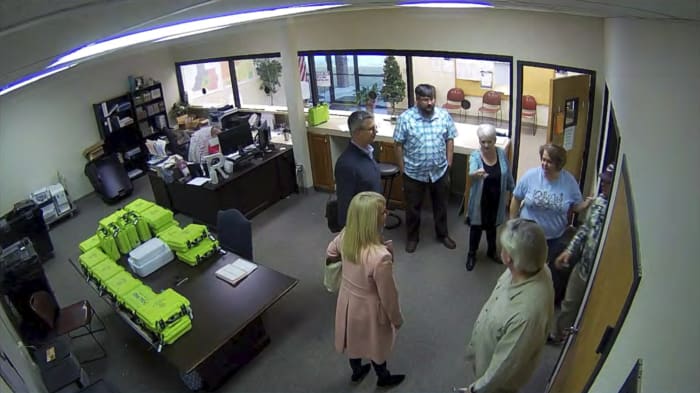Learning from Ghana’s Multistakeholder Approach to Cyber Security – Africa Center for Strategic Studies

The inauguration of Ghana’s Joint Cybersecurity Committee. (Photo: Cyber Security Authority)
As internet penetration has exponentially grown, African countries have become more exposed to cyber-related threats. Increasingly organized malicious actors deploy increasingly sophisticated forms of malware that threaten critical maritime and energy infrastructure, cause billions of dollars in annual losses, disrupt internet access, and steal sensitive information from governments, politicians, businesspeople, citizens, and activists across the continent. Most African countries have experienced at least one publicly documented disinformation campaign, a majority of which are sponsored by external actors.
Unfortunately, most African countries have yet to establish foundational cybersecurity policies to confront these threats. A majority have yet to author a national cybersecurity strategy, to set up institutions capable of responding to major cybersecurity incidents, or to define an approach to international cooperation in cyberspace.
“Ghana has placed a citizen-centric, multistakeholder approach at the core of its efforts to address the country’s cybersecurity challenges.”
Ghana is not most African countries. It is 1 of only 12 nations in Africa to possess both a national cybersecurity strategy and national incident response capabilities. It is also one of only four to have ratified both the Budapest and Malabo Conventions, two major treaties aimed at addressing the international dimensions of cyber-related threats.
Just as impressively, Ghana has placed a citizen-centric, multistakeholder approach at the core of its efforts to address the country’s cybersecurity challenges. Civilians are in leadership roles in shaping most aspects of cybersecurity policy and strategy, from defining interagency responsibilities to developing incident response capabilities. Other countries across the continent have much to learn from Ghana’s approach, which has brought tremendous growth in cyber capabilities, enabled…





